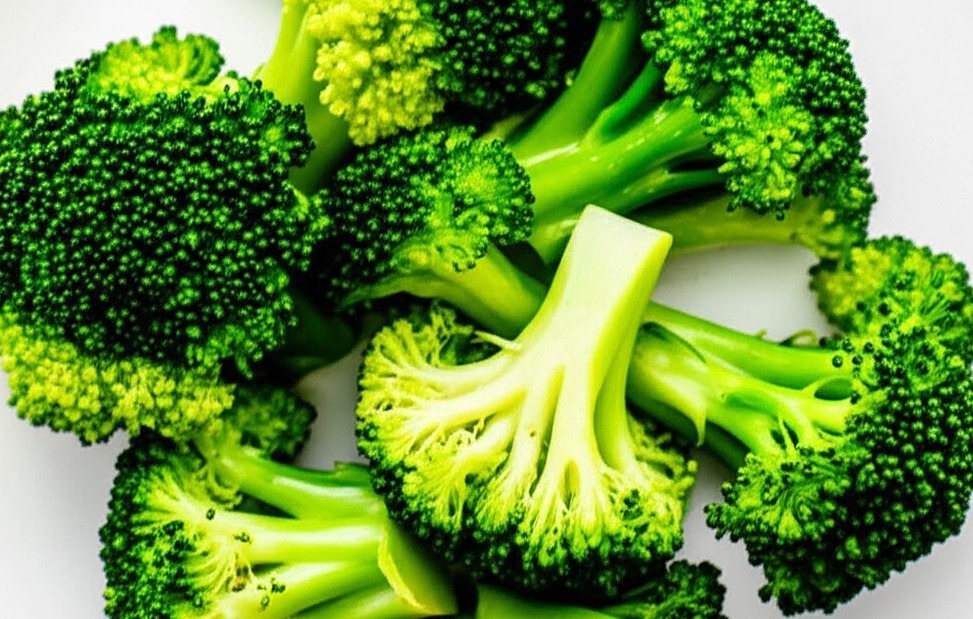 |
Broccoli, a cruciferous vegetable rich in antioxidants, contains vitamin C, beta carotene, sulforaphane, and other beneficial plant compounds. It's low in calories but high in fiber, with a low glycemic index, making it suitable for regular consumption by people with diabetes. Sulforaphane may also prevent blood vessel damage, a common complication of diabetes.
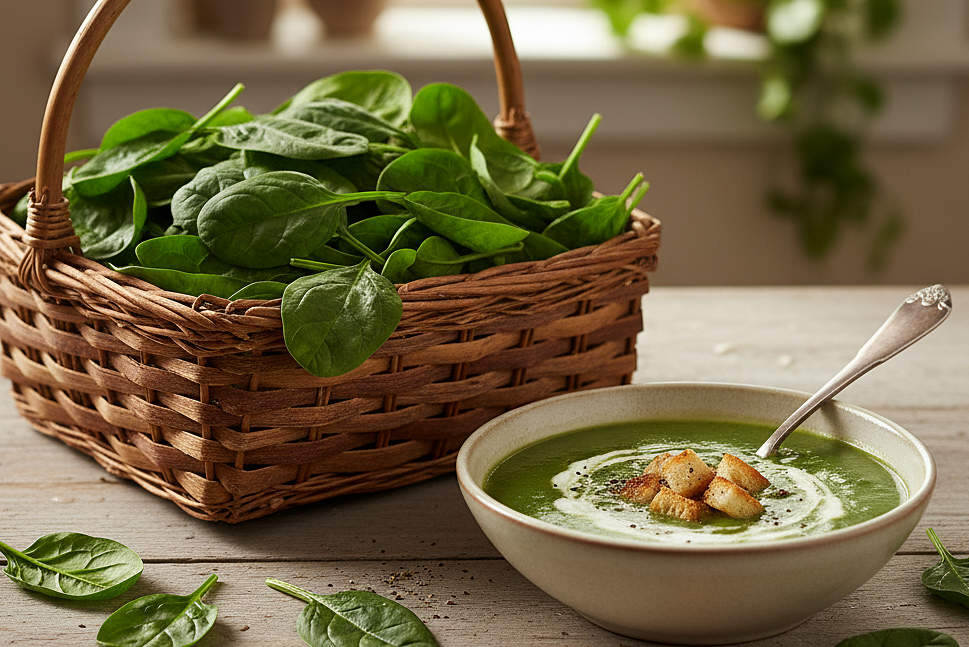 |
Spinach is packed with antioxidants like vitamins A, C, and K; folate; and alpha-lipoic acid, which can enhance insulin sensitivity. Including plenty of dark leafy greens in your diet can help control blood sugar and provides beneficial nutrients like magnesium and potassium.
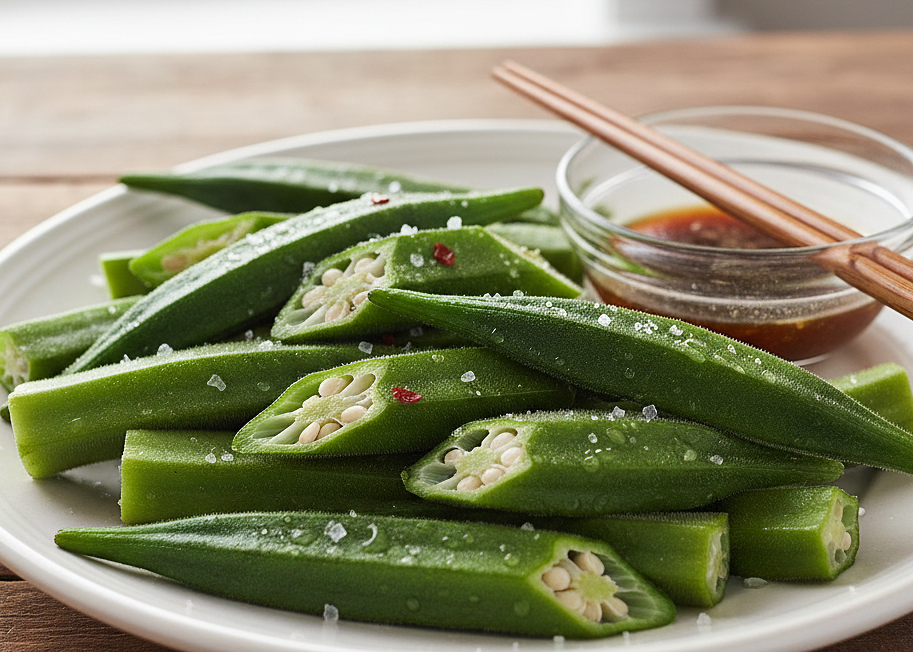 |
Okra is an excellent source of vitamins C and K. It's also rich in folate, magnesium, fiber, and polyphenol antioxidants. Regular okra consumption can help lower blood sugar, improve digestion, and maintain a healthy weight—all important factors for people with diabetes.
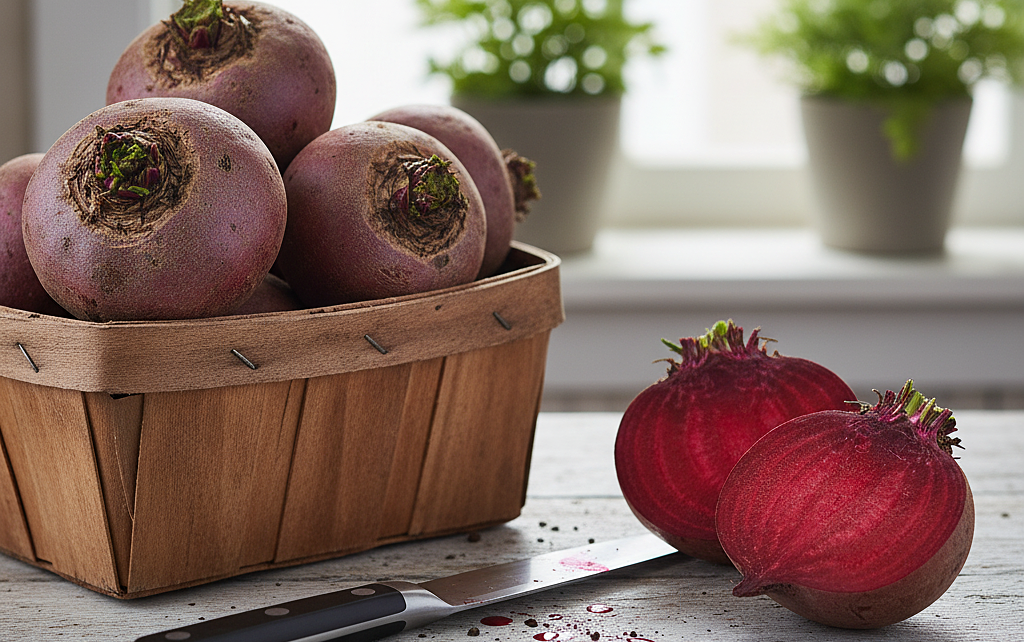 |
Beets are rich in nitrates, which can lower blood pressure and improve overall circulation, reducing the risk of cardiovascular complications in people with diabetes. They also contain essential minerals like magnesium and potassium, which support healthy blood pressure with minimal impact on blood sugar.
 |
Eggplant is full of anthocyanins, antioxidants that protect against cellular damage. Other antioxidants like nasunin, lutein, and zeaxanthin can help regulate blood sugar levels. Steaming, boiling, or baking eggplant reduces calories and unhealthy fats.
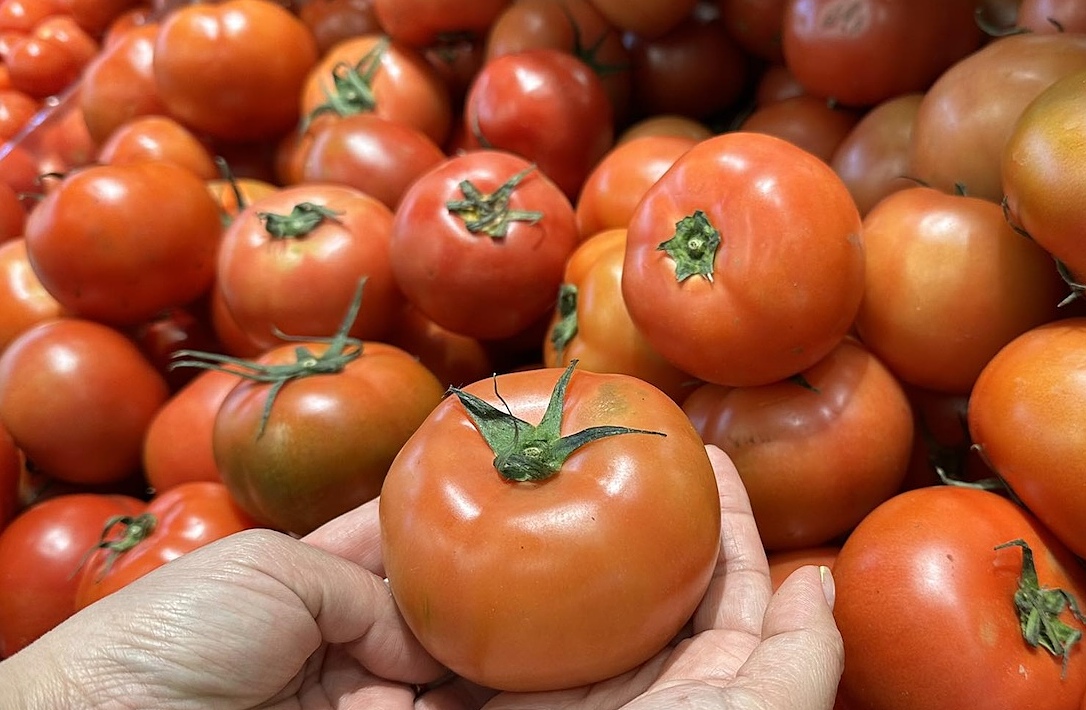 |
Tomatoes can be incorporated into various dishes, from salads to stews and sauces, or enjoyed raw. They're a great source of fiber, rich in vitamins A and C, and low in calories. The antioxidant lycopene in tomatoes contributes to better blood sugar control.
Anh Chi (According to Eating Well)
Photos: Anh Chi, AI
Readers can submit questions about diabetes here for doctors to answer.












